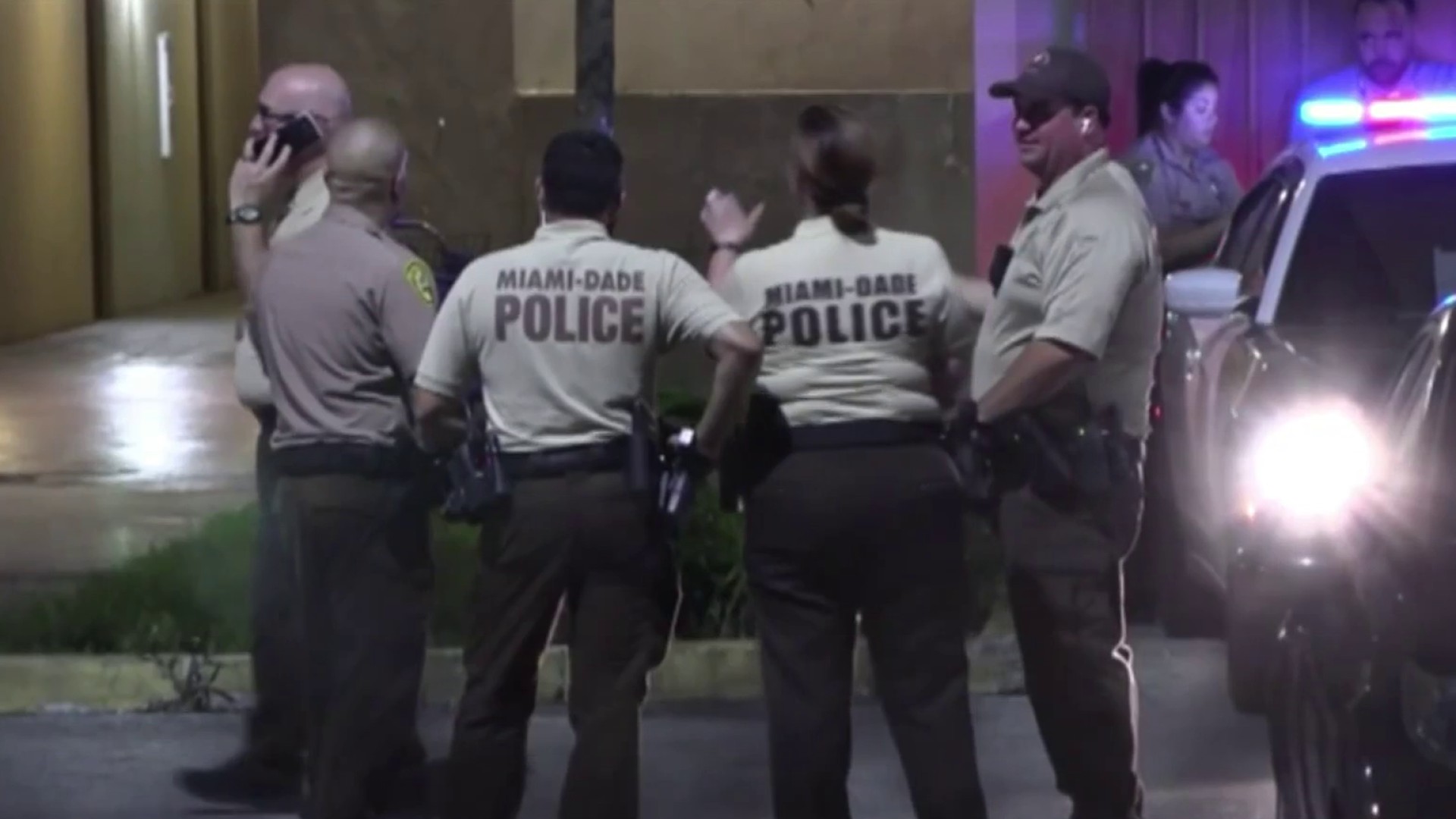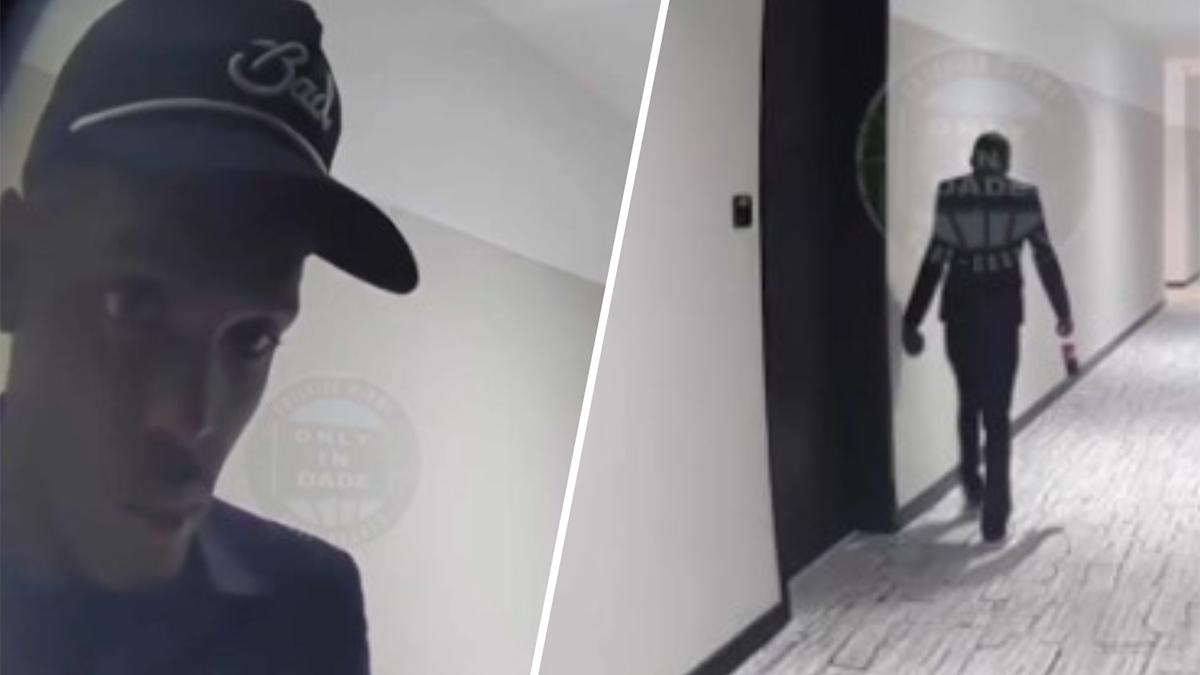More vaccine doses are arriving in Florida, as all residents ages 16 and up will be able to get a shot beginning Monday.
Now, the challenge is persuading those who don’t want it -- or think they don’t need it -- to get the shot.
Republicans from the local, state and national level appeared at a Miami vaccination site Thursday to encourage people to get the vaccine.
"We’re making people free. We’re giving their freedom back to them," U.S. Rep. Maria Elvira Salazar (R-Florida) said.
Get South Florida local news, weather forecasts and entertainment stories to your inbox. Sign up for NBC South Florida newsletters.
In a message seemingly tailored to those who might think efforts to curb the deadly virus infringe on their freedom, Salazar continued:
"When you get vaccinated you can go back to visit with your friends, you can shop, you can go to work, you can take care of your kids. So what you’re doing is liberating the community to go back to their normal lives."
But a Kaiser Family Foundation survey of 1,862 adults ending the week of March 22 found that Republicans and white evangelical Christians are the group most likely to say no to getting vaccinated.
Local
Nearly 30 percent of them say they will definitely not get the shot. The next highest levels of resistance, with about 20 percent in the definite-no category, came from rural residents and essential, non-health-related workers.
Asked about the public opinion findings during the appearance in Miami today, a Republican who happens to be lieutenant governor noted that more parents are anti-vaccination when it comes to their children.
"I don't think it’s so much a political thing," said Lt. Gov. Jeanette Nunez . "I think it’s really a purely a philosophical thing. Sometimes it gets couched as a political thing."
But the Kaiser survey and others have shown a pattern: people who say they are Republican or evangelical are most stubbornly opposed to getting a dose.
"I think that’s just a personal decision," Nunez said. "The governor has made sure and he’s been very clear he wants access for all, but mandate for none. So that’s just something that we’re obviously going to have to contend with, with this and things moving forward."
Experts say that no matter the manufacturer, if it’s approved in the U.S., it's safe to get the shot.
"We should rely on the regulatory agency that already proved the vaccines are safe and effective," said Dr. Alejandro Cane, Pfizer's North America chief of scientific and medical affairs. "And if you are not a full believer in the regulatory agency, you also have to rely on the real world evidence."
In the real world, the vaccines are proving safe and effective as they lessen symptoms, save lives and jobs.
Not that all is perfect along the way.
Johnson & Johnson had to destroy millions of doses because of a production error at a contractor’s Baltimore plant. The mistake was caught before any of those doses were released to the public.
And concerns that the Astrazeneca vaccine caused blood clots overseas have been dismissed, as there has been no evidence those problems were caused by the vaccine.
If approved next month in the U.S., the government will buy 300 million doses from Astrazenca, which would then join Pfizer, Moderna and J&J in the arsenal.
All three so far seem to have some effectiveness against some variants, but Pfizer said it’s working to develop a booster or a new vaccine.
"We are hoping to have more information about which will be the best approach, just a booster dose or a new formulation, with new variants in the upcoming weeks or months," said Cane.
If they do become necessary, those who are not in the definite-no camp could be be lining up again, continuing to do their part to help advance the nation further down the road to herd immunity.



